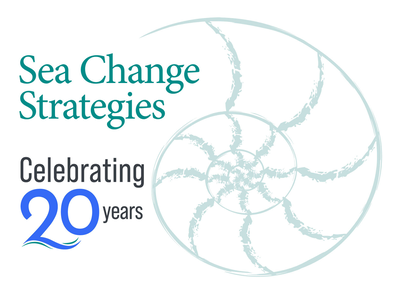FREE EBOOK – Homer Simpson for Nonprofits: The Truth about How People Really Think and What It Means for Promoting Your Cause
Pop quiz: The following messages have what in common?
- Frances Osborne’sThe Bolter is an Oprah Winfrey Book Club selection. Buy it now.
- 75% of guests who stay in this hotel reuse their towels. Join them and reuse your towel to help save the environment.
- Any money you donate will go to Rokia, a seven-year-old girl who lives in Mali, Africa.
The answer?
They all use principles of behavioral economics to influence their audience’s decisions. And you can too.
Non-profit marketers and fundraisers often base important strategic and tactical choices on thinking grounded in established theories and practices including direct marketing and economics. But what about established psychological theories?
Enter in behavioral economics.
A reaction to “rationality”— the concept that people use logic and reason to make the best choices for themselves — behavioral economics identifies social, cognitive and emotional factors that influence decisions.
The big takeaway? People aren’t rational and we don’t make rational decisions. To put it simply, real people make decisions like Homer Simpson, not Spock.
What’s more, in the non-profit space these irrational decisions have high stakes. We’re not asking people to buy a Coke. We’re asking them to change the world. Their decisions matter—a lot.
Anyone promoting a good cause can benefit from behavioral economics insights. That’s why we wrote our new free ebook, Homer Simpson for Nonprofits: The Truth about How People Really Think and What It Means for Promoting Your Cause.
You might be surprised at how small shifts in messaging can have a significant impact. By understanding how people really think and applying some key principles from behavioral economics, you can do a far better job at compelling people to do the right thing. Download the free eBook from your friends at Network for Good and Sea Change Strategies.
This eBook was written by Katya Andresen and Alia McKee with help from Mark Rovner, and is made possible by a grant from Event 360.
